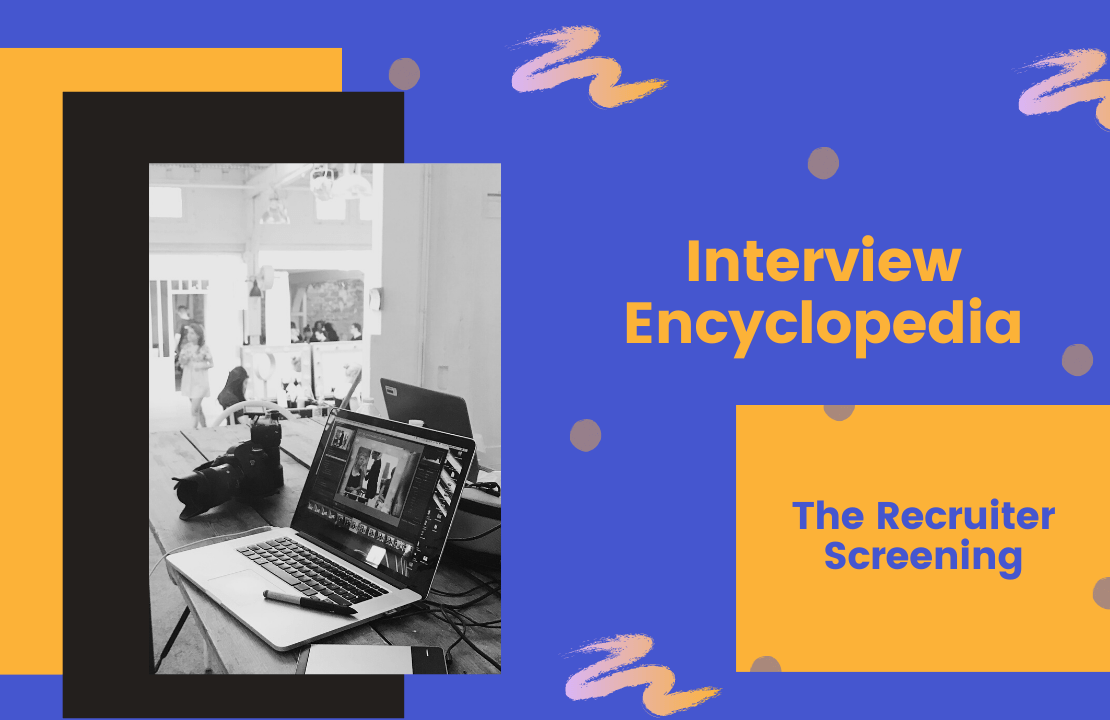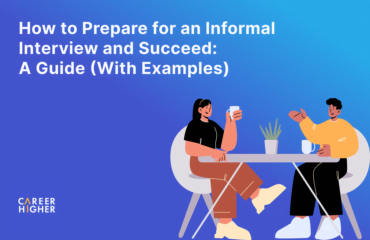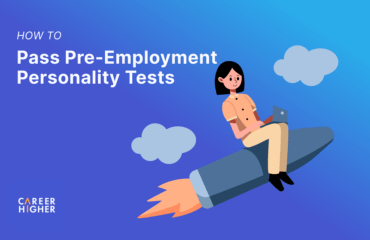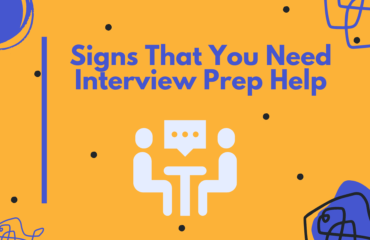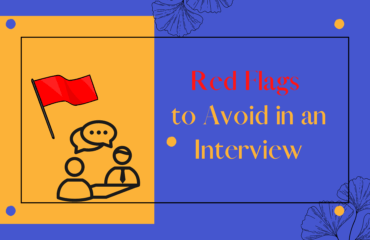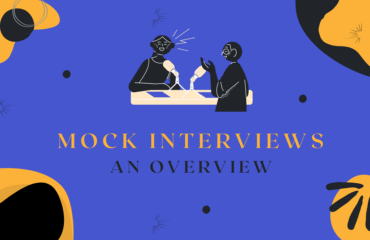Table of Contents
Whether you’re a rookie or a veteran, interviews have changed a lot over the past two decades and continue to do so, day-by-day. Hence, you should always keep up with current trends and practices in recruiting to make the most out of your interviews. In this series of blog posts, “Interview encyclopedia”, we are going to discover each stage of the hiring process. We will present you with updated definitions, a detailed description of each process, and of course, typical interview questions you might face. Let us begin with the screening interview.
What is a screening interview?
The screening interview is a brief job interview that typically takes place in the first stage of the hiring process. This interview aims to define whether a candidate fits some basic criteria to enter the hiring funnel. Some of those prerequisites are:
- Availability (Does the desired start date match with the hiring manager’s?)
- Salary range (Are you and the recruiter on the same page when it comes to salary?)
- Possession of some high-level soft and hard skills for the job (e.g. problem-solving skills or experience in a particular field)
- Communication skills (Yes, these are being evaluated too.)
What are the different types of screening interviews?
1. Phone interview
“Bzzz”…”bzzz”…”bzzz”…”Hello?”. Phone interviews are old but gold. Recruiters prefer them because it saves them time and they consider it as more personal. Phone interviews last 15 to 30 minutes and their structure is the same as above: questions for you and questions from you. This time you will not be evaluated for your social interactions, but clear communication is still under the microscope.
2. Pre-recorded video interview
Now, this is where things get a little tricky. One of the 2020 trends that emerged in recruitment, and is on the 2021’s stage, is asynchronous interviews. As we have already talked about, asynchronous interviews can be of two types, based on time:
a. Self-paced recording
Self-paced recordings typically last 20-25 minutes, but you can record each answer separately and within a specified time (two to three days).
b. Timed recording
Timed recordings last about 20-25 minutes and can be recorded within two to three days, but you have to answer all interview questions at once.
3. In-person meeting
Even though it was not that common, the screening interview was an in-person meeting, lasting around 20 minutes. While this practice still could take place, the COVID-19 pandemic sets its profound limits. However, in a typical in-person meeting, expect a brief conversation with the recruiter. Of course, you will be asked some questions – we will get down to it later -, and you will have the opportunity to inquire more about the position. Don’t forget that the interview starts from the minute you walk inside the building of the interview.
4. Live video interview
Live video interviews took over the hiring process during the pandemic and most of the time completely replaced in-person meetings. There is no big difference between in-person and live video interviews apart from the virtual factor. The duration is between 20 minutes and the conversation stands the same. Keep in mind that the interviewers will be curious about your background and will notice how you will treat other people or pets if any interruptions occur.
What are some typical interview questions asked in a screening interview?
Up till now, we have thoroughly covered what is, and what are the different types of screening interviews. Now, it is time to list some typical interview questions you will be probably asked, regardless of the interview type. Here are 15 common questions to think about:
- Tell me about yourself.
- What is your availability?
- What are your salary expectations for this position?
- Why did you apply for this position?
- Why do you want this job?
- Why did you apply for this company?
- Are you interviewing with other companies?
- Why do you want to leave your current company?
- What did you do during your career gap?
- How did you handle the pandemic?
- How do you prefer to work (in-office, remote, hybrid)?
- How your past experience has helped you develop the ‘x’ skill?
- What is your management style?
- What would you do in this hypothetical scenario?
- Is there anything you want to ask?
Last but not least is one of the most important interview questions that you will be asked probably during every stage of the hiring process. It is essential to ask questions yourself. Interviews are not one-way, meaning that you are not the only one being interviewed, but the company as well. And don’t forget. An expert could help you nail your interview answers and questions, set the right mindset, and get that role!
